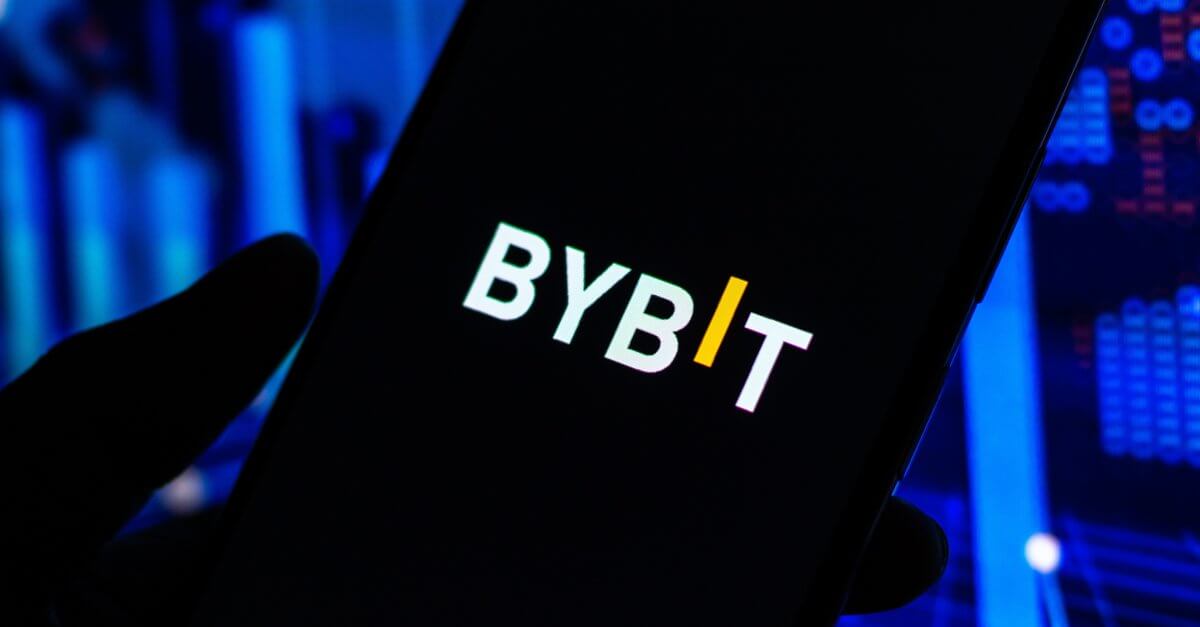Bybit Launches Crypto Cards in Brazil and the Netherlands
04.09.2024 13:30 1 min. read Alexander Stefanov
Bybit, one of the world's largest cryptocurrency exchanges by trading volume, is expanding its presence by launching crypto maps in Brazil and the Netherlands.
These new cards aim to integrate cryptocurrency into everyday transactions and encourage wider adoption of cryptocurrency.
In Brazil, Bybit has initiated a pre-registration event that started on September 2, 2024. To celebrate the launch, Brazilian users can participate in a referral program, potentially earning up to 5,000 reals in bonuses.
The Bybit card offers virtual and physical options, supports Apple Pay and Google Pay, and features a loyalty program with 2% cashback on all purchases. VIP users can get up to 10% cashback. Supported cryptocurrencies include Tether (USDT), Bitcoin (BTC), and Ethereum (ETH), among others.
In the Netherlands, Bybit Card also offers virtual and physical versions compatible with Apple Pay and Google Pay. Dutch users will be able to take advantage of flexible spending options in euros and major cryptocurrencies such as USDT, BTC and ETH.
Bybit provides a €10 deposit bonus for selected users and 10% cashback on spending, up to €600.
-
1
Shopify Begins Testing USDC Payments on Coinbase’s Base Network
14.06.2025 12:00 2 min. read -
2
Fortune 500 Embrace Stablecoins as Adoption Surges Across U.S. Businesses
11.06.2025 19:00 2 min. read -
3
Mastercard Integrates Chainlink to Power Direct Crypto Access for Cardholders
25.06.2025 18:00 1 min. read -
4
Elon Musk’s X Prepares to Enter the Fintech Arena
20.06.2025 13:00 1 min. read -
5
China Pushes Digital Yuan Expansion as Global Currency Power Shifts
19.06.2025 17:00 1 min. read
Mastercard Integrates Chainlink to Power Direct Crypto Access for Cardholders
Mastercard has taken a bold step toward fusing legacy finance with decentralized tech by introducing a new feature that lets users convert fiat into crypto directly through its network.
Fiserv to Launch FIUSD Stablecoin Across Its Massive Banking Network
Fiserv, a global leader in financial technology, is gearing up to launch its own stablecoin, FIUSD, by the end of 2025.
Elon Musk’s X Prepares to Enter the Fintech Arena
In an interview with the Financial Times, CEO Linda Yaccarino said users will soon be able to “run their entire financial lives” inside the app—from splitting a dinner bill to buying stocks—without third-party plug-ins. Key elements on the roadmap include: In-app brokerage: direct access to markets for equities, crypto, and other assets. X-branded debit/credit card: […]
China Pushes Digital Yuan Expansion as Global Currency Power Shifts
China’s top central banker, Pan Gongsheng, has reaffirmed the country’s push to accelerate the digital yuan’s global reach, highlighting plans to establish an international operations hub for the e-CNY in Shanghai.
-
1
Shopify Begins Testing USDC Payments on Coinbase’s Base Network
14.06.2025 12:00 2 min. read -
2
Fortune 500 Embrace Stablecoins as Adoption Surges Across U.S. Businesses
11.06.2025 19:00 2 min. read -
3
Mastercard Integrates Chainlink to Power Direct Crypto Access for Cardholders
25.06.2025 18:00 1 min. read -
4
Elon Musk’s X Prepares to Enter the Fintech Arena
20.06.2025 13:00 1 min. read -
5
China Pushes Digital Yuan Expansion as Global Currency Power Shifts
19.06.2025 17:00 1 min. read


